Category: Physics
-
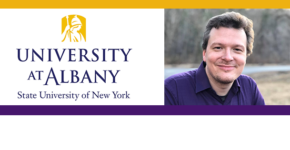
Matthew Szydagis, University at Albany – Lithium and Clean Energy
On University at Albany Week: Generating safe and clean electricity can lead to a brighter future. Matthews Syzdagis, associate professor in the department of physics, determines how to do so. University at Albany Associate Professor of Physics Matthew Szydagis received his B.A., M.S., and Ph.D. from the University of Chicago in 2005, 2006, and 2011, respectively, then…
-

Sarah Marzen, Scripps College – Testing Interventions to Polarization in Opinion Dynamics Models
On Scripps College Week: How do you combat confirmation bias and polarization? Sarah Marzen, assistant professor of physics, has a suggestion. Sarah Marzen started in nonequilibrium statistical mechanics but quickly went over to theoretical biophysics and has been researching that ever since. She started as an undergraduate in physics at Caltech, winning the Haren Lee…
-
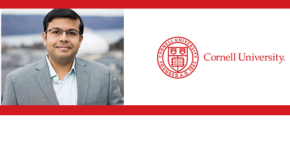
Debanjan Chowdhury, Cornell University – Strange Metals and the Energy Crisis
On Cornell University Week: To solve any energy crisis we may encounter, waste not, want not. Debanjan Chowdhury, assistant professor of physics, determines how to stop energy waste in the future. Debanjan Chowdhury got his undergraduate education in Physics at the Indian Institute of Technology in Kanpur and attended Harvard University for his graduate work…
-
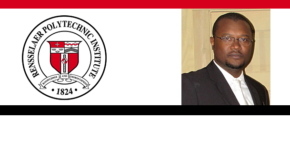
Moussa N’Gom, Rensselaer Polytechnic Institute – Optics: The Future of Computation and Medicine
Light can be a useful and non-invasive tool in medicine. Moussa N’Gom, assistant professor in the department of physics, applied physics, and astronomy at Rensselaer Polytechnic Institute, explains how. Moussa N’Gom is an assistant professor in the Department of Physics, Applied Physics, and Astronomy at Rensselaer Polytechnic Institute. Following an early career in industry as…
-

Huolin Xin, University of California Irvine – A Better Battery for Electric Cars
Making batteries for electric vehicles can come with a human cost in poorer countries. Huolin Xin, professor of physics and astronomy at the University of California, Irvine, discusses one way to change this. Huolin Xin graduated from the Physics Department of Cornell University in 2011 and joined University of California, Irvine in 2018. Prior to…
-
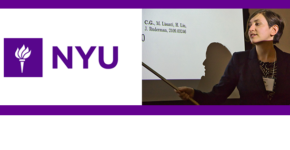
Cara Giovanetti, New York University – Dark Matter
On this Student Spotlight during New York University Week: How do you learn about something you can’t observe? Cara Giovanetti, Ph. D student in Physics, looks into this question. Cara Giovanetti is a third-year graduate student in the NYU physics department, working towards a Ph.D. after receiving a bachelor’s degree in physics from Princeton University. …
-

Mithun Bhowmick, Miami University – Shockwaves
Shockwaves cause big changes, but look closer. Mithun Bhowmick, assistant professor in the department of mathematical and physical sciences at Miami University, takes a look at a tabletop apparatus that can influence new technologies. Dr. Bhowmick’s research is focused on shock compression of condensed matter. Looking at materials and events closely has never been more…
-
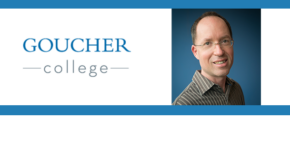
Rodney Yoder, Goucher College – Building a Miniature Electron Accelerator Powered by Heat
In the future, CERN might be able to fit on your table. Rodney Yoder, associate professor of physics at Goucher College, determines how making particle accelerators smaller, could lower the cost of tech. Rodney Yoder is Associate Professor of Physics at Goucher College, where he teaches classes ranging from introductory courses for nonscientists to advanced…
-
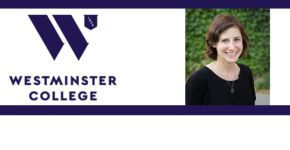
Julia Kamenetzky, Westminster College – Light Pollution
On Westminster College Week: Light pollution can have a lot of negative effects. Julia Kamenetzky, assistant professor of physics, looks into how the Park Service is documenting the effect of bright lights. Julia Kamenetzky completed a masters and Ph.D. in astrophysical and planetary sciences at the University of Colorado at Boulder. Her work focused on…
-

Matt Bellis, Siena College – The Large Hadron Collider and the Future of Physics
Could a new understanding of our universe be on the way? Matt Bellis, assistant professor of physics at Siena College, determines how the Large Hadron Collider could bring about a fundamental change to physics overnight. I’m a particle physicist by training and currently a member of the Department of Physics at Astronomy at Siena College.…
